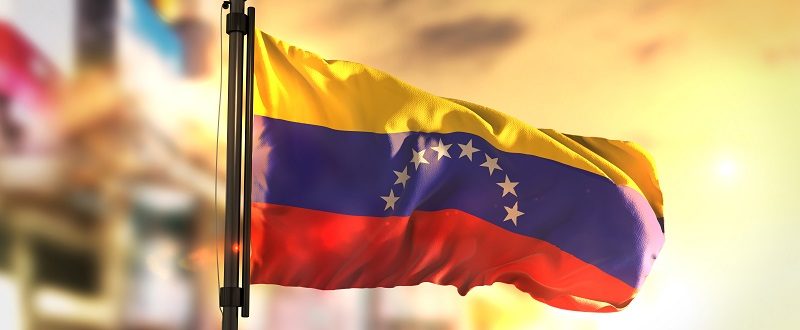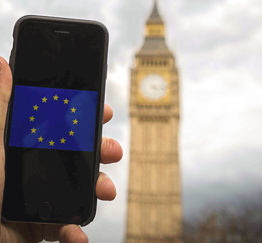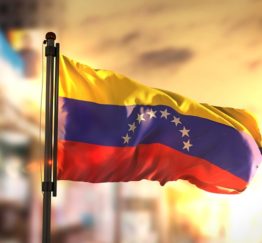On January 25, 2019, the U.S. Treasury Department’s Office of Foreign Assets Control (OFAC) announced sanctions against Venezuela’s state-owned oil and energy company Petroleos de Venezuela, commonly referred to as PDVSA.
The restrictions, which went into effect immediately, come amidst an escalating struggle for power within the South American country. Many world leaders, including those from Australia, Canada, the U.K., and the U.S., have rejected the 2018 election results that named Nicolas Maduro Venezuela’s president due to irregularities surrounding the electoral process. Instead they have recognized Juan Guaido, the leader of the opposition, as the interim president.
Meanwhile, Venezuela’s most important creditors, China and Russia, as well as a handful of other countries, continue to bolster Maduro’s claim to the presidency.
The ultimate goal of the newly imposed sanctions appears to push the peaceful transfer of power from Maduro to Guaido. By stifling Venezuela’s oil wealth, the U.S. hopes to impact Maduro’s ability to retain power.
The United States already had extensive sanctions in place against the Government of Venezuela prior to the announcement of additional sanctions on January 25. These new sanctions, implemented via Executive Order, broadens the definition of the term Government of Venezuela and “includes the state and Government of Venezuela, any political subdivision, agency, or instrumentality thereof, including the Central Bank of Venezuela and Petroleos de Venezuela, S.A. (PDVSA), any person owned or controlled, directly or indirectly, by the foregoing, and any person who has acted or purported to act directly or indirectly for or on behalf of, any of the foregoing, including as a member of the Maduro regime.”
When announcing the sanctions, Secretary of the Treasury, Steven Mnuchin, said that the designation of PDVSA will prevent its continued use as “a vehicle for embezzlement by Venezuelan officials” and will “preserve these assets for the people of Venezuela, where they belong.”
General Licenses in place
OFAC is issuing a number of general licenses that “authorize certain transactions and activities with PDVSA,” including general licenses that will help ensure “certain European and Caribbean countries can make an orderly transition.”





